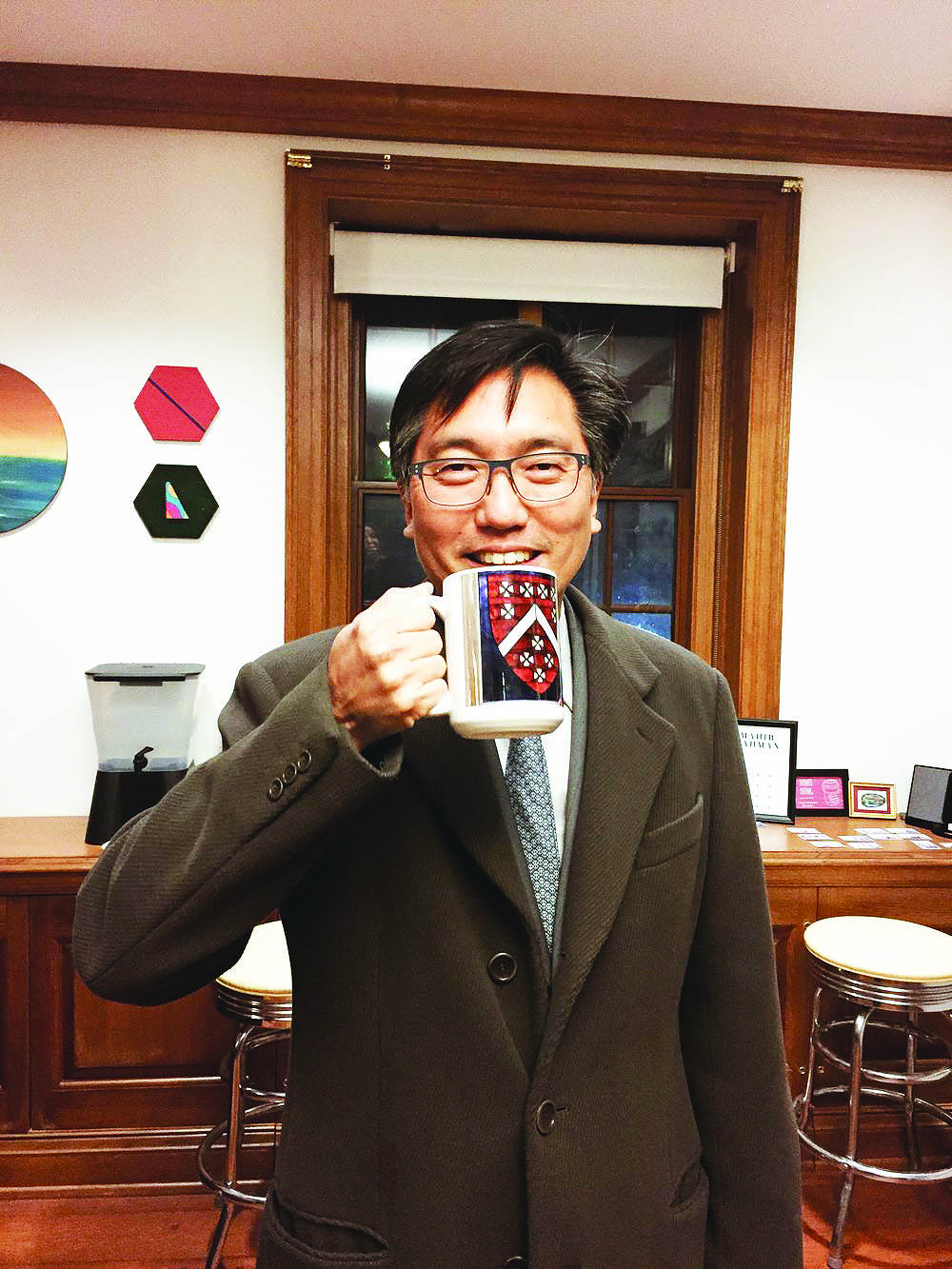
After years of debates among faculty and students, undergraduates may soon be able to pursue an academic minor, according to Yale College Dean Marvin Chun.
In an interview with the News, Chun said that the Yale College Committee on Majors is currently considering whether to introduce minors and is weighing regulations for the potential new cirriculums. He added that the committee will reach a decision by the end of the academic year.
“One reason why [minors] may be possible now as opposed to 10, 20 years ago is that we’ve seen enormous success with the Multidisciplinary Academic Programs,” Chun told the News. “There’s clear student interest in gauging in a little more depth in some of these disciplines, and so I think that opens room for having minors.”
Yale’s four Multidisciplinary Academic Programs — Education Studies, Energy Studies, Global Health Studies and Human Rights — have seen increasing interest in recent years.
According to Chun, Yale College committees have systematically reviewed and considered minors about every 10 years. In a 2010 report, the Committee on Majors said it was “skeptical of the value of introducing minors in Yale College.” According to the seven-page document, there was no conclusive evidence showing that minors would be a “rigorous academic experience,” thus providing students with “credentials for credentials’ sake.” The report also expressed concerns that the introduction of minors would funnel limited administrative resources to developing minor programs.
The report dating back to 2010 marks the last time a committee formally considered the idea of minors. But Millicent Marcus — an Italian professor who spoke in favor of academic minors at a November Faculty of Arts and Sciences Senate meeting — said that the current Dean’s Office seems more receptive than previous administrations have seemed to the idea.
“Things are much more open I think now,” Marcus said. “I think Dean Chun is very receptive to students’ desires to maximize their options within reason. He’s very open-minded and this has been very exhilarating for all of us who’ve been championing this.”
Marcus said the minors would especially benefit the humanities, allowing students to pursue passions in disciplines often perceived as less preprofessional. According to Marcus, students’ ability to minor in a discipline could combat the “crisis of the humanities.”
Marcus added that double majors are most conducive to disciplines that have cross-listed classes, which can allow students to count the same classes towards requirements for both majors. Yet, the minor program, according to Marcus, would allow students to explore diverse academic offerings without fulfilling the specific course requirements necessary for a double major.
“One of the objections to the minor is that it will encroach on students’ ability to take courses all over the place, but it’s the double major that actually impinges on that possibility right now,” she said.
Students also overwhelmingly expressed support for minors in this year’s Yale College Council Fall Survey. Of the respondents, 84 percent either agreed or strongly agreed with the statement “If minors were offered at Yale, I would want to have a minor,” according to YCC Vice President Heidi Dong ’20.
YCC representative Steven Orientale ’21 said that minors would benefit students who want to concentrate in two areas but dislike the restrictions of double majoring.
“A lot of students double major but when they do that, they lose the opportunity to explore more random classes or in subjects they didn’t anticipate studying,” Orientale said.
Still, Orientale acknowledged that some students may want to use minors to obtain “as many certifications as possible,” which could detract from Yale’s philosophy of a liberal arts education.
Chun emphasized that if minors are approved, neither departments nor majors will be required to offer a minor. Some departments are opposed to minors due to concerns that they could not accommodate an increase in student interest, Chun added.
History is the most popular major for the Class of 2019.
Alice Park | alice.park@yale.edu
Carly Wanna | carly.wanna@yale.edu







